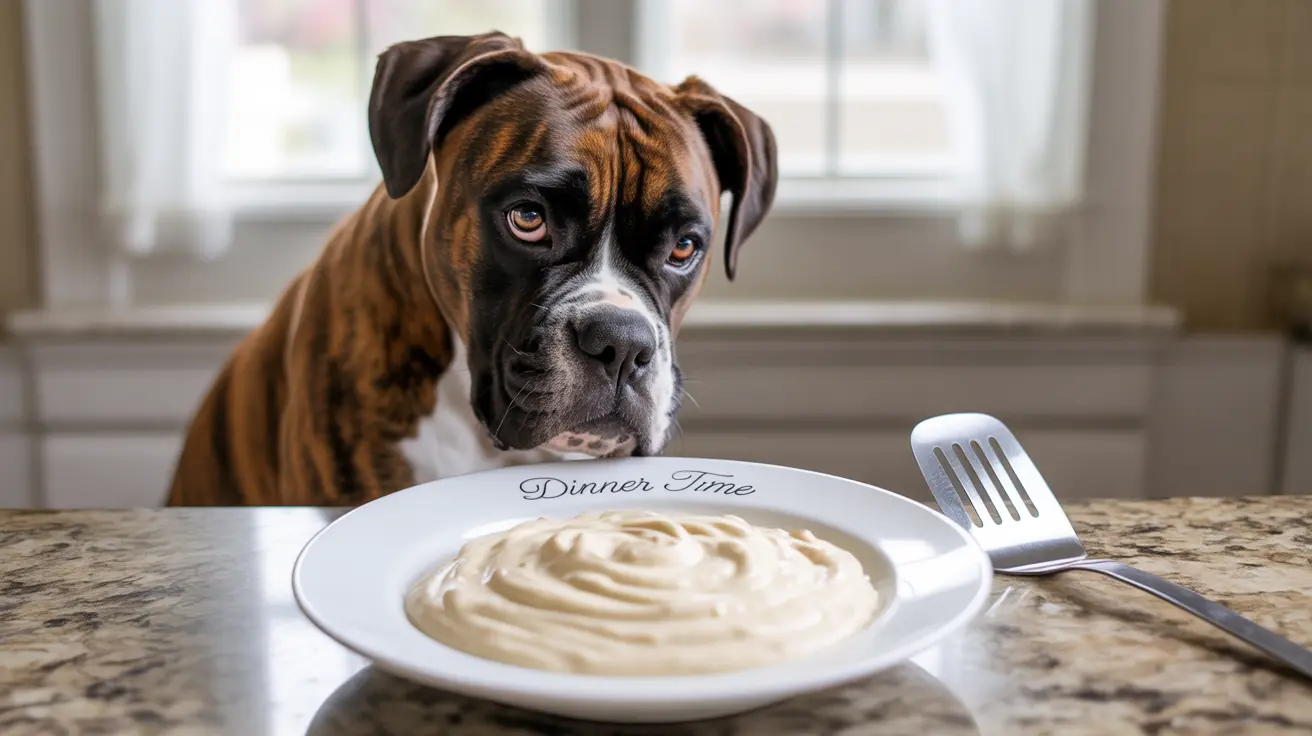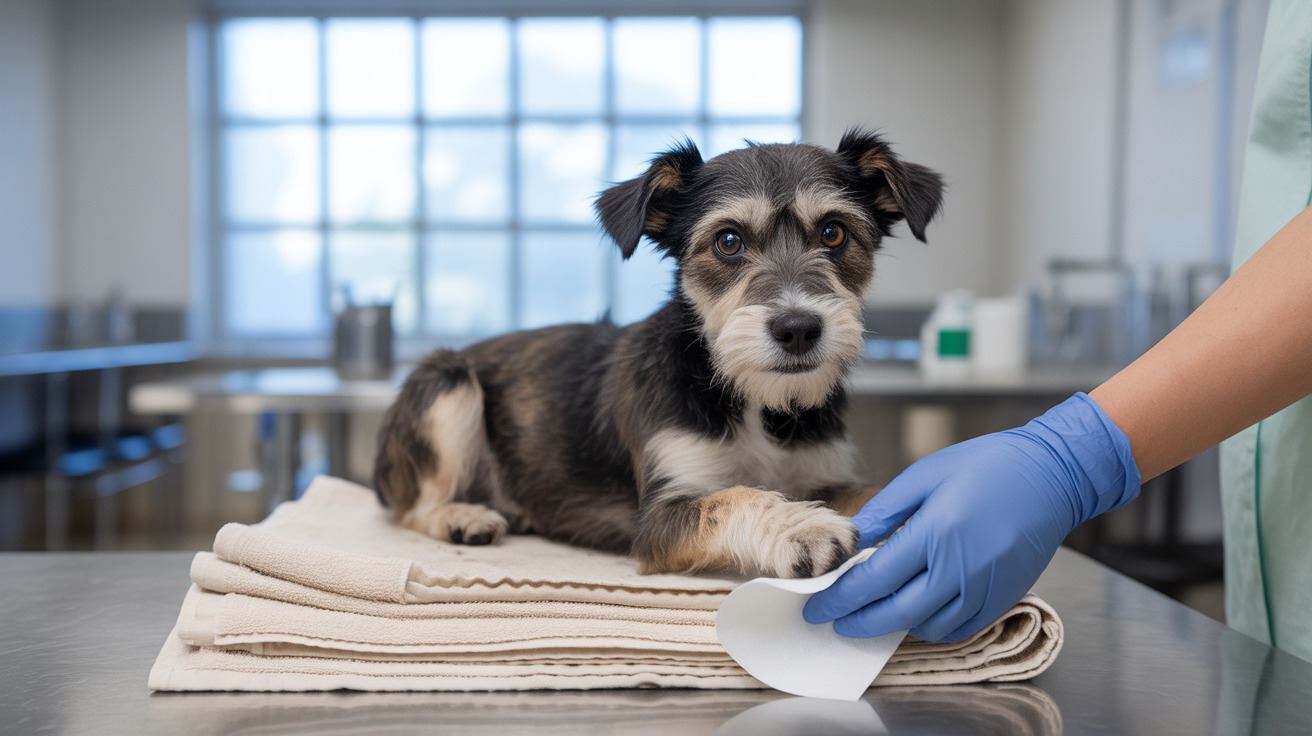If you've ever enjoyed a plate of creamy fettuccine Alfredo and noticed your dog's pleading eyes, you might have wondered whether sharing this Italian favorite is safe. The short answer is no - dogs should not eat Alfredo sauce due to several potentially dangerous ingredients that could harm your furry friend's health.
Let's explore why Alfredo sauce is unsafe for dogs and what you need to know to protect your pet from its harmful effects.
The Dangerous Ingredients in Alfredo Sauce
Toxic Allium Family Components
The most concerning ingredients in Alfredo sauce are garlic and onions, which belong to the Allium family. These ingredients are highly toxic to dogs, even in small amounts. Garlic is particularly dangerous, being about five times more toxic than onions. These ingredients can cause hemolytic anemia, a serious condition where red blood cells are destroyed faster than they can be produced.
Problematic Dairy Components
Traditional Alfredo sauce contains heavy cream, butter, and Parmesan cheese. While these ingredients aren't toxic, they can cause significant problems for dogs:
- Most adult dogs are lactose intolerant
- High fat content can trigger pancreatitis
- Excessive calories contribute to obesity
- Dairy products can cause severe digestive upset
Health Risks of Feeding Dogs Alfredo Sauce
Immediate Health Concerns
When dogs consume Alfredo sauce, they may experience several immediate symptoms:
- Severe gastrointestinal upset
- Vomiting and diarrhea
- Abdominal pain and discomfort
- Lethargy and weakness
Long-term Health Implications
Regular exposure to fatty foods like Alfredo sauce can lead to:
- Chronic pancreatitis
- Obesity
- Diabetes
- Cardiovascular issues
- Dental problems from high fat content
What to Do If Your Dog Eats Alfredo Sauce
If your dog has consumed Alfredo sauce, take these immediate steps:
- Remove any remaining sauce
- Monitor your dog closely for symptoms
- Contact your veterinarian if you notice any concerning signs
- Keep track of the amount consumed and when it happened
Safe Alternatives for Dogs
Instead of Alfredo sauce, consider these dog-friendly options:
- Plain, cooked pasta (in moderation)
- Steamed vegetables like carrots or green beans
- Dog-specific sauce alternatives from pet stores
- Small amounts of lean, cooked chicken
Frequently Asked Questions
Can dogs eat Alfredo sauce safely or is it harmful?
No, Alfredo sauce is harmful to dogs. It contains toxic ingredients like garlic and onions, plus problematic dairy components that can cause severe digestive issues and potentially life-threatening conditions.
What ingredients in Alfredo sauce are toxic to dogs?
Garlic and onions are the most toxic ingredients in Alfredo sauce. Additionally, the high fat content from cream, butter, and cheese can cause pancreatitis and other health issues.
What symptoms should I watch for if my dog accidentally eats Alfredo sauce?
Watch for vomiting, diarrhea, lethargy, weakness, pale gums, loss of appetite, and abdominal pain. If you notice any of these symptoms, contact your veterinarian immediately.
Is it safe to give my dog pasta with plain sauce or any dairy products?
Plain pasta in moderation is generally safe, but avoid all cream-based sauces. While small amounts of certain dairy products might be okay for some dogs, many are lactose intolerant and should avoid dairy altogether.
What are some dog-friendly alternatives to Alfredo sauce for sharing pasta?
If you want to share pasta with your dog, serve it plain and unseasoned. Better alternatives include dog-specific treats or small amounts of plain, cooked vegetables.
Remember, when it comes to your dog's diet, it's always better to err on the side of caution. Stick to food specifically formulated for dogs, and consult with your veterinarian about any human foods before sharing them with your pet.






